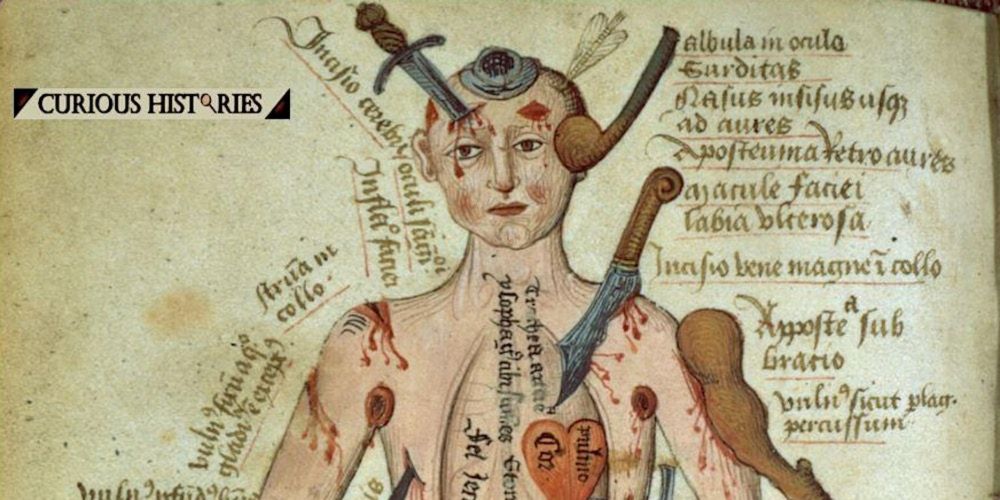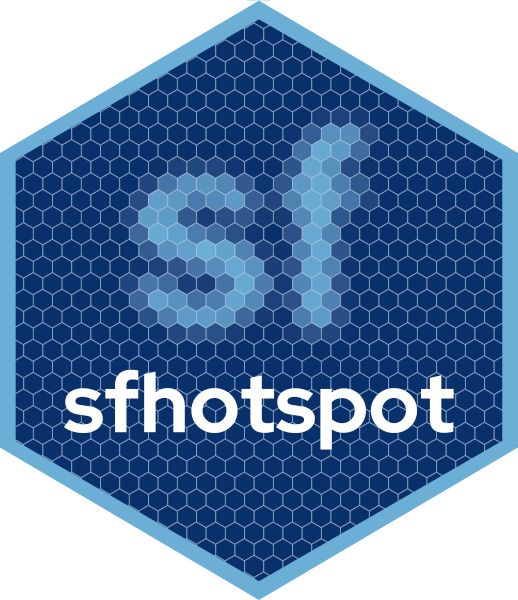Iain Brennan
@iainbrennan.bsky.social
820 followers
520 following
130 posts
Professor of Criminology at University of Hull, UK. Violence research and prevention. Institutional Lead for Open Research.
Posts
Media
Videos
Starter Packs
Reposted by Iain Brennan
Reposted by Iain Brennan
Reposted by Iain Brennan
Matt Ashby
@mattashby.com
· 6d
Reposted by Iain Brennan
Reposted by Iain Brennan
Reposted by Iain Brennan
Reposted by Iain Brennan
Reposted by Iain Brennan
Iain Brennan
@iainbrennan.bsky.social
· Sep 6
Iain Brennan
@iainbrennan.bsky.social
· Aug 28
Reposted by Iain Brennan
Reposted by Iain Brennan
Reposted by Iain Brennan







